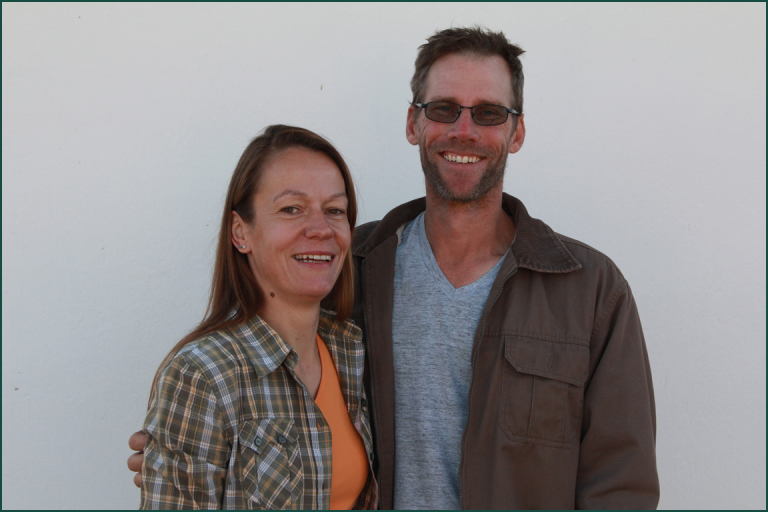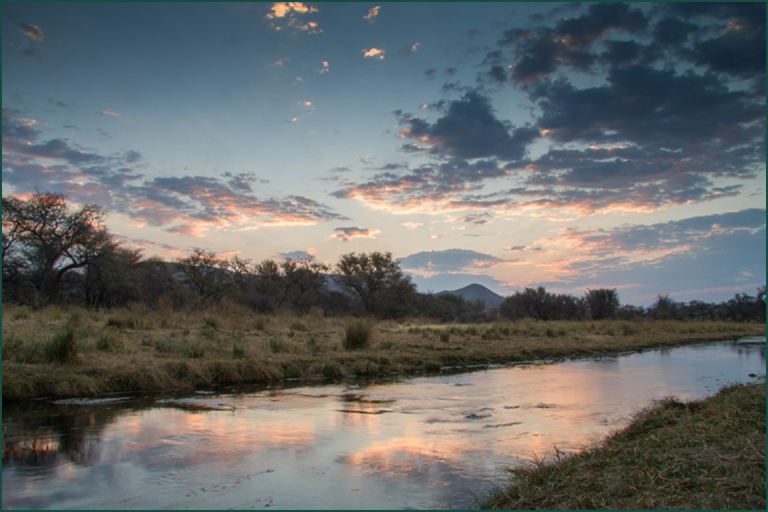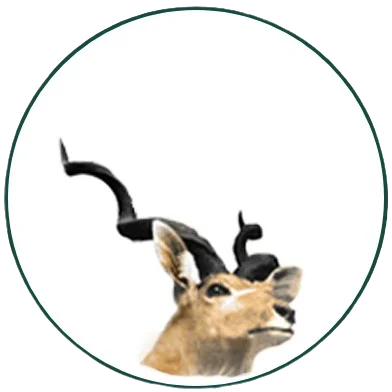Otjiseva is a Herero word which roughly translated means village with water, this was a settlement roughly 400 m south of the modern day farmhouse.
That water point was quite important in the early years, firstly for the Nama and Herero cattle herders, and later for the oxwaggon treks coming up from the coast towards Windhoek. There was a church, which was never quite finished, a police station, a big school and a General dealer, the farmhouse nowadays. At times up to 2000 people lived in and around the Otjiseva village.
The police station and the general dealer ceased to exist after the 1904 Herero war, the rest of the settlement was abandoned in the early 1930s because the water dried up. Hans Joachim Wiss bought the farm in 1927, after the purchase contract was signed, he contacted his family in Germany to send money, unfortunately, in the times of hyperinflation not much was left to make the payments. That made the first couple of years as a farmer not very easy, never the less he did not give up.
At the beginning, tobacco, maize, potatoes and wheat where planted, considering a average rainfall of 350 mm per year, it was soon clear that this would not be successful. After that it was goats sheep and cattle, the main income was from dairy products, eggs, and fire wood for Windhoek, there was not a big market for meat in those times. Trophy hunting was started in the late 70’s, by my father Jürgen, and it is together with cattle farming till today our main farming activity.



All rights reserved by Otjiseva Hunting. Another website by Maestro Media